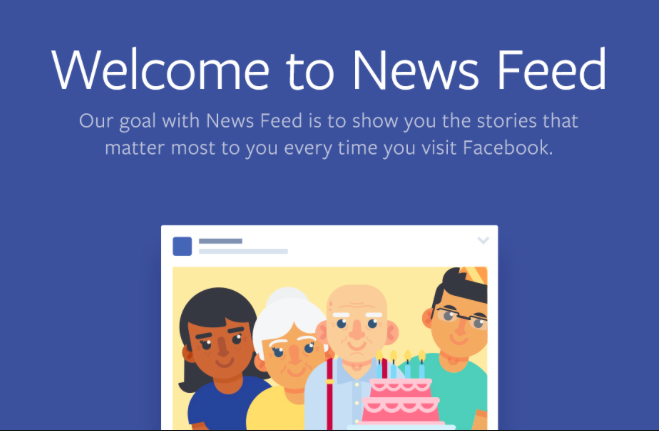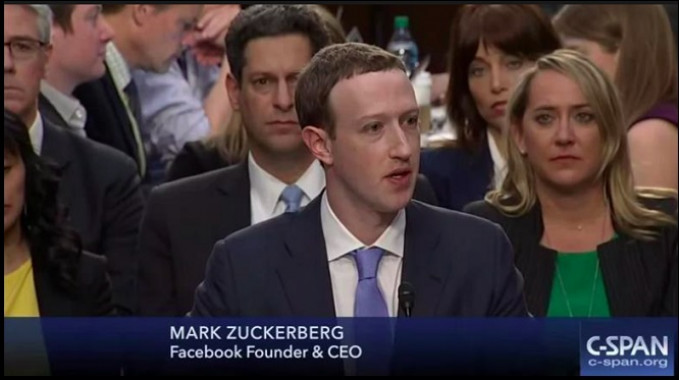How Facebook could reinvent itself - three ideas
Reprinted from The Conversation
Facebook CEO Mark Zuckerberg’s testimony in front of Congress, following disclosures of personal data being misused by third parties, has raised the question over how and whether the social media company should be regulated. But short of regulation, the company can take a number of steps to address privacy concerns and the ways its platform has been used to disseminate false information to influence elections.
Scholars of privacy and digital trust have written for The Conversation about concrete ideas – some of them radical breaks with its current business model – the company could use right away.
1. Act like a media company

Photo credit: Facebook
Facebook plays an enormous role in U.S. society and in civil society around the world. The leader of a multi-year global study of how digital technologies spread and how much people trust them, Tufts University’s Bhaskar Chakravorti, recommends the company accept that it is a media company, and therefore
“take responsibility for the content it publishes and republishes. It can combine both human and artificial intelligence to sort through the content, labeling news, opinions, hearsay, research and other types of information in ways ordinary users can understand.”
2. Focus on truth
Facebook could then, perhaps, embrace the mission of journalism and watchdog organizations, and as American University scholars of public accountability and digital media systems Barbara Romzek and Aram Sinnreich suggest,
“start competing to provide the most accurate news instead of the most click-worthy, and the most trustworthy sources rather than the most sensational.”
3. Cut users in on the deal
If Facebook wants to keep making money from its users’ data, Indiana University technology law and ethics scholar Scott Shackelford suggests
“flip[ping] the relationship and having Facebook pay people for their data, [which] could be [worth] as much as US$1,000 a year for the average social media user.”
The multi-billion-dollar company has an opportunity to find a new path before the public and lawmakers weigh in.
Jeff Inglis is Science and Technology Editor, The Conversation US
